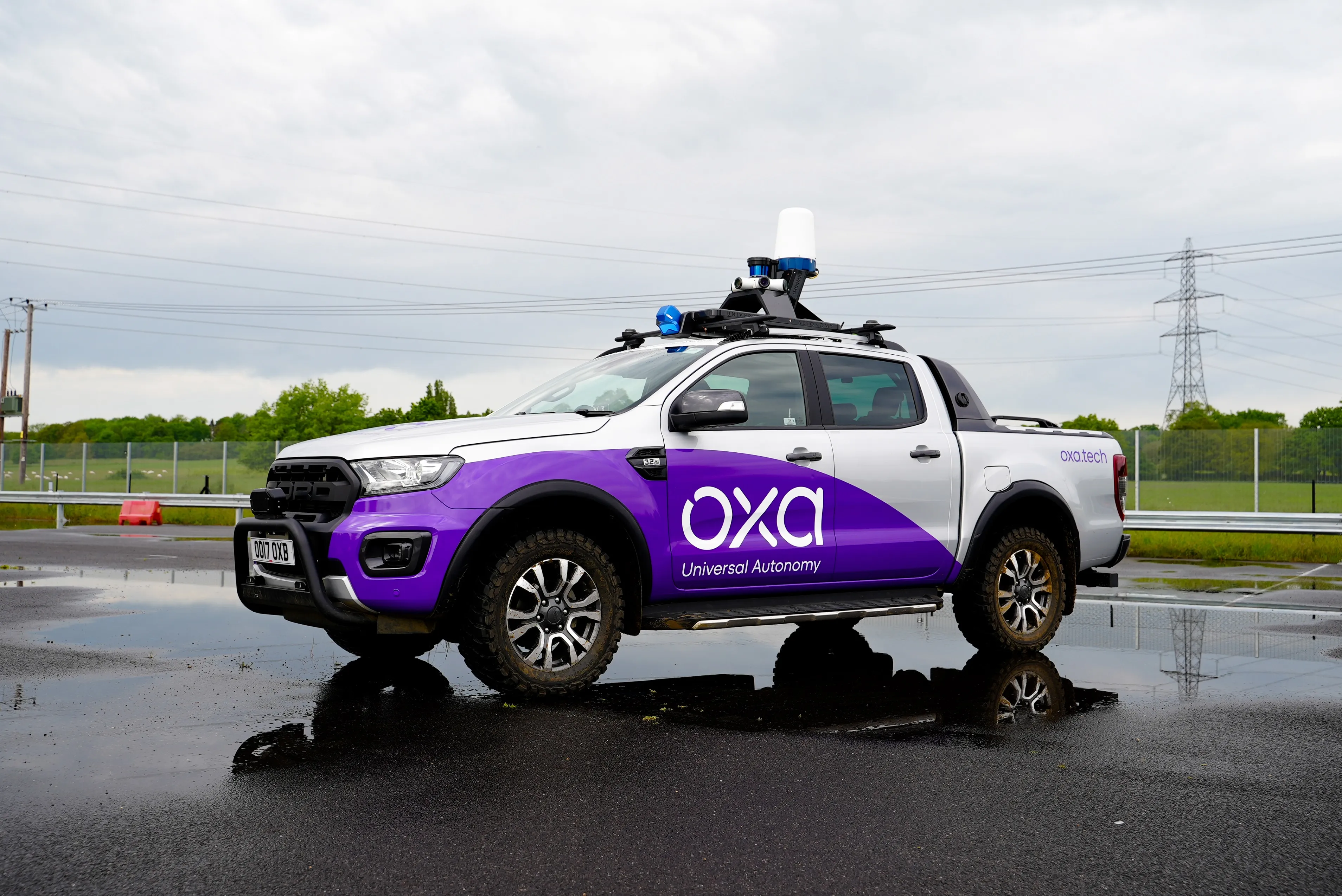
Autonomous vehicle (AV) software developer Oxbotica has changed its name to Oxa as it seeks to drive business in North America and Europe.
Oxa provides the software driving AVs, proprietary generative AI tools to accelerate deployment with Oxa MetaDriver and cloud-based tools for fleet management with Oxa Hub.
The platform can be used in shared passenger transport, logistics and goods delivery.
“At a time where organisations are faced with pressing challenges posed by driver shortages, high operational costs, service limitations and net-zero targets, we have a unique opportunity in the market today," says Gavin Jackson, CEO at Oxa.
"With our solutions, we can deliver the transformative benefits of autonomy to businesses now.”
The company recently raised $140m in Series C funding, with investors including Trimble Ventures, Aioi Nissay Dowa Insurance Co, Eneos Innovation Partners, BP Ventures, Hostplus, Ocado Group, Tencent, Venture Science and ZF.
To date, the business has raised approximately $225m.
It has recently partnered with Goggo Network, which plans to introduce Oxa’s self-driving technology in its fleet of on-road autonomous electric vehicles, across Europe.
Oxa is also working with Google Cloud to accelerate deployment of its autonomous software platform to customers worldwide, and has existing deals with online delivery specialist Ocado Group and ZF to develop a L4 self-driving system.









